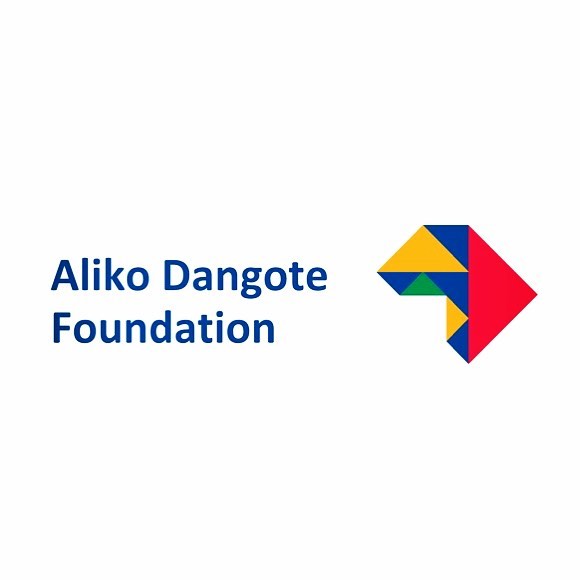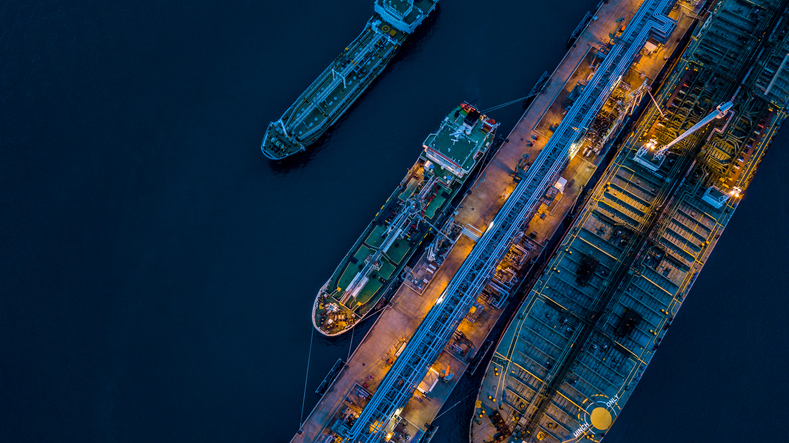Inside Nigeria’s Oil War: Dangote’s $20 Billion Refinery Battles the “Oil Mafia” for Economic Supremacy
Nigeria’s oil sector has long been the lifeblood of its economy, generating billions of dollars annually, yet it has left most of its citizens grappling with poverty, fuel shortages, and economic instability. At the heart of this paradox lies a broken downstream oil sector riddled with inefficiency and corruption. But with the unveiling of Aliko Dangote’s $20 billion oil refinery, a new chapter in Nigeria’s oil narrative is unfolding—a chapter filled with promise, resistance, and high-stakes economic drama.
The refinery, the largest in Africa and one of the biggest in the world, symbolizes a bold attempt to break free from decades of dependence on imported refined fuel. However, Dangote is not only battling technical challenges; he’s up against one of the most deeply entrenched and influential power structures in Nigeria: the notorious “oil mafia.”
Nigeria’s Oil Paradox: A Nation Rich in Resources, Poor in Results
Oil has been a cornerstone of Nigeria’s economy since its discovery in 1956, accounting for nearly 90% of export earnings. Despite this wealth, the downstream sector has been a consistent weak point. Rather than refining its own crude oil, Nigeria has relied on importing refined products, an arrangement that siphons wealth out of the country while enriching a select few.
One glaring example of the dysfunction is the state of Nigeria’s four existing refineries. Built between the 1960s and 1980s, these facilities have been operating far below capacity, if at all. Over the past decade, the government spent a staggering $25 billion in failed attempts to rehabilitate these aging plants. As a result, the country exports crude oil and then imports refined products at a premium—an arrangement rife with inefficiency and corruption.
This system has been propped up by opaque oil swap deals and subsidies, which have cost the government billions annually. The lack of transparency in these deals has led to widespread speculation and allegations of graft. Toyin Akinosho, publisher of the Africa Oil+Gas Report, notes that “no one has been able to nail down who exactly benefits. It’s a guessing game with enormous stakes.”
Dangote’s Bold Vision: A New Era for Nigerian Oil
Dangote’s refinery aims to address these longstanding inefficiencies by processing oil locally, reducing reliance on costly imports, and potentially lowering fuel prices. With a capacity of 650,000 barrels per day, the refinery is designed to meet not only Nigeria’s domestic fuel needs but also export to other African nations.
Unlike the existing system where crude oil is exported and refined products are imported, Dangote’s facility introduces a more straightforward supply chain. Crude oil will be purchased locally in naira, reducing pressure on Nigeria’s foreign currency reserves. This shift could free up dollars for other sectors, potentially stabilizing the naira and boosting economic activity.
Amaka Anku, Africa head at Eurasia Group, calls the refinery “a game-changer, creating room for a competitive downstream sector that prioritizes efficiency and profitability over entrenched corruption.” However, she cautions that systemic change will not come easily.

The Oil Mafia Strikes Back: Resistance to Change
Dangote’s refinery represents a direct threat to the “oil mafia,” a term used to describe the powerful network of politicians, traders, and businesspeople who have profited from Nigeria’s dysfunctional oil sector. This cartel has thrived on subsidies, inflated import contracts, and opaque oil swap deals, amassing enormous wealth at the expense of ordinary Nigerians.
Dangote himself has acknowledged the scale of the challenge. Speaking at an investment conference in June, he revealed, “I knew there would be a fight, but I didn’t expect the oil mafia to be stronger than the drug mafia.”
The resistance has been palpable. The Nigerian National Petroleum Company (NNPC), which holds a 7% stake in Dangote’s refinery, has clashed with the billionaire over crude supply. Despite agreements to allocate ample crude to the refinery, the NNPC has reportedly struggled to meet its commitments, citing pre-sold barrels tied to debt obligations. This has forced Dangote to import crude oil from Brazil—a situation that raises questions about Nigeria’s ability to meet its domestic refining needs.
Regulatory authorities have also accused Dangote of seeking preferential treatment, with one official likening his demands to wanting “a Lamborghini for the price of a Toyota.” These disputes underscore the high stakes of Dangote’s venture and the entrenched resistance to change within Nigeria’s oil sector.
Related: Who are Africa's wealthiest 2024?
Economic Turmoil: The Cost of Reform
The refinery’s launch comes at a time of significant economic upheaval. In mid-2023, President Bola Tinubu eliminated fuel subsidies, a move that tripled pump prices overnight. This policy, coupled with the naira’s rapid devaluation, has left many Nigerians struggling to make ends meet.
Fuel prices in Lagos have soared to over 1,025 naira ($0.52) per litre, while the cost of living has skyrocketed. For many, the combination of high fuel costs and a collapsing currency has made daily life a constant struggle. “I feel like I’m always navigating through crisis mode,” one Lagos resident said.
Although removing subsidies was necessary to curb government spending, the transition has been painful. The NNPC, long accused of mismanaging subsidy funds, continues to face scrutiny. Even as Nigerians pay market prices for fuel, questions remain about whether the savings will be reinvested in the country’s infrastructure and social services.
The Promise and Pitfalls of Local Refining
While Dangote’s refinery has the potential to transform Nigeria’s oil sector, challenges remain. Local refining is not a panacea. The price of crude oil will still be tied to international markets, meaning Nigerians will not be insulated from global price fluctuations. Additionally, the refinery’s reliance on high-quality Nigerian crude has led to disputes over pricing and supply.
Critics also worry that Dangote’s dominance could create a new monopoly, replacing one form of inefficiency with another. Regulatory authorities have resisted his request to block fuel import licenses, arguing that competition is essential for a healthy market.
Cleaner Fuel and Greater Transparency
Despite the challenges, Dangote’s refinery offers a rare opportunity to improve fuel quality and bring greater transparency to Nigeria’s oil sector. The facility is equipped to produce cleaner, more efficient petroleum products, which could reduce pollution and improve public health.
For a nation reliant on generators to cope with chronic power shortages, the quality of diesel and petrol is a critical issue.
Additionally, the refinery’s operations could set a new standard for transparency, forcing other players in the sector to follow suit. This shift could pave the way for broader reforms and a more equitable distribution of Nigeria’s oil wealth.
A Battle for Nigeria’s Future
The story of Dangote’s refinery is more than a business venture; it’s a high-stakes battle for the soul of Nigeria’s economy. The refinery’s success or failure will have far-reaching implications, not just for the oil sector but for the entire nation.
Will Dangote’s refinery deliver on its promise of economic transformation? Or will the entrenched forces of corruption and inefficiency prove too powerful to overcome? As Nigeria’s oil war rages on, one thing is clear: the stakes have never been higher.
For now, the refinery stands as a symbol of hope and a stark reminder of the challenges that lie ahead in reshaping Nigeria’s oil industry and, by extension, its economic future.
Nigeria’s shift toward cleaner fuels is essential for public health, environmental sustainability, and economic growth. Cleaner fuels can reduce air pollution, cutting down on respiratory illnesses caused by generator fumes and poor fuel quality. They also enhance the efficiency of vehicles and generators, saving costs for businesses and households. Moreover, a cleaner fuel market attracts investment, fostering innovation and improving Nigeria’s global competitiveness. As the Dangote refinery sets new standards in fuel quality, it’s an opportunity to lead Africa toward a more sustainable energy future, showing that economic development and environmental responsibility can go hand in hand.














